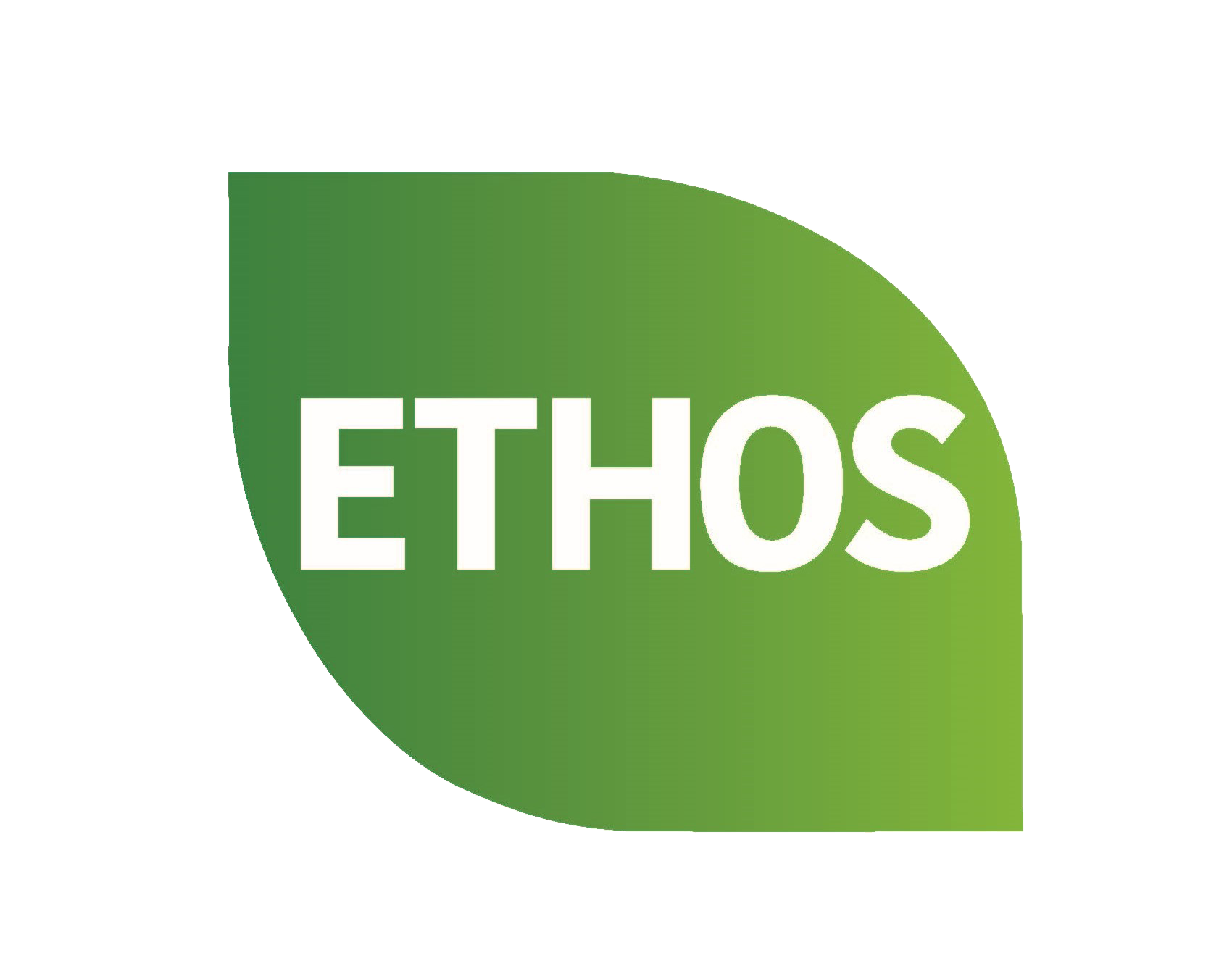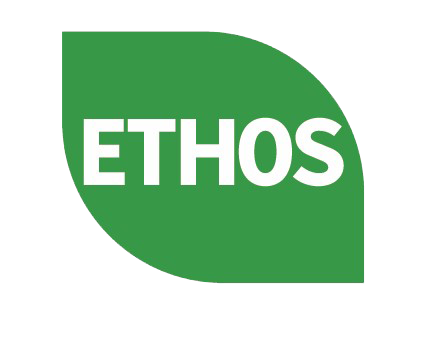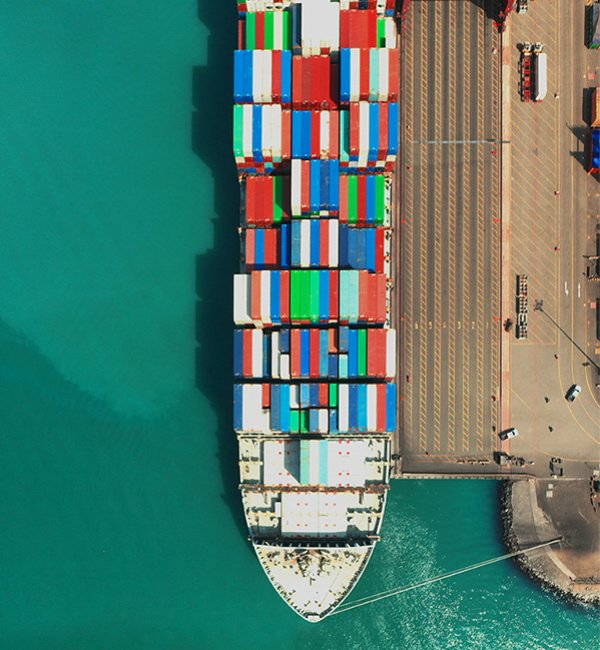IFS Logistics was developed in 2012 and it is a standard for companies, offering logistics services like transport and storage. IFS Logistics is applicable to both food and non-food products and covers all logistics activities, such as loading, unloading and transportation. The standard can be applied to all sorts of transportation; heavy goods vehicles, trains, ships, aeroplanes and every other type of transport (temperature controlled or at room temperature); frozen/refrigerated products or ambient stable products (different states of matter: liquid, solid or gas). This standard also applies to freezing service providers as well as for logistics companies using service providers for their transport and/ or storage activities. IFS Logistics marks the joint objective of trade and industry to create transparency and trust across the entire supply chain. If a food processing company has a logistics or transporting area of its own, this will be covered by the IFS Food Standard (Transport and storage). If logistics and transporting activities are outsourced, IFS Logistics will be applicable.
IFS Certification is a valuable asset for food businesses who wish to export their products to Germany and France, as more and more retailers from these countries require an IFS certificate from their suppliers. IFS Regulation specifies a quantified assessment of requirements that have been fulfilled and the evaluation result is expressed in percentage terms. Thus, a supplier’s customer can evaluate quantitatively the performance of their supplier.











